Key Findings As of 2019, more than 55 million people have dementia worldwide, over 60% of whom live in low-and middle-income countries. Every year,...
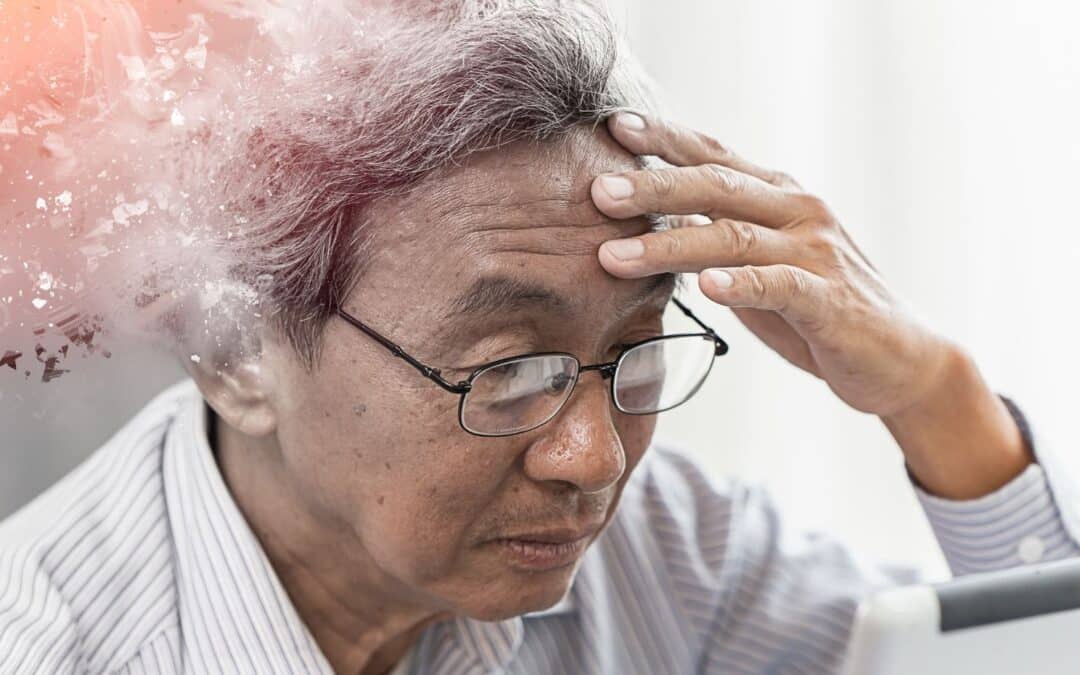

Key Findings As of 2019, more than 55 million people have dementia worldwide, over 60% of whom live in low-and middle-income countries. Every year,...
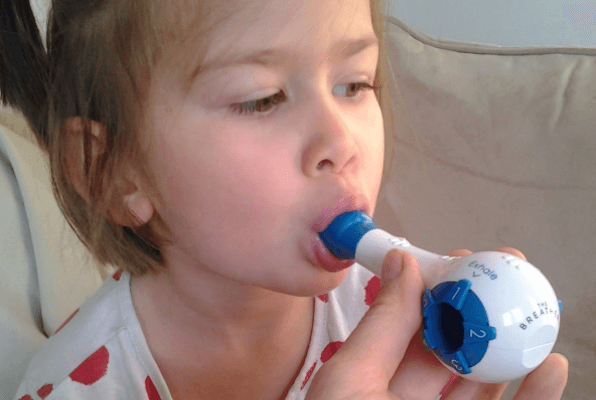
Introduction to pediatric RMT Respiratory muscle training (RMT) is an effective therapy to reverse the clinical condition of respiratory muscle...
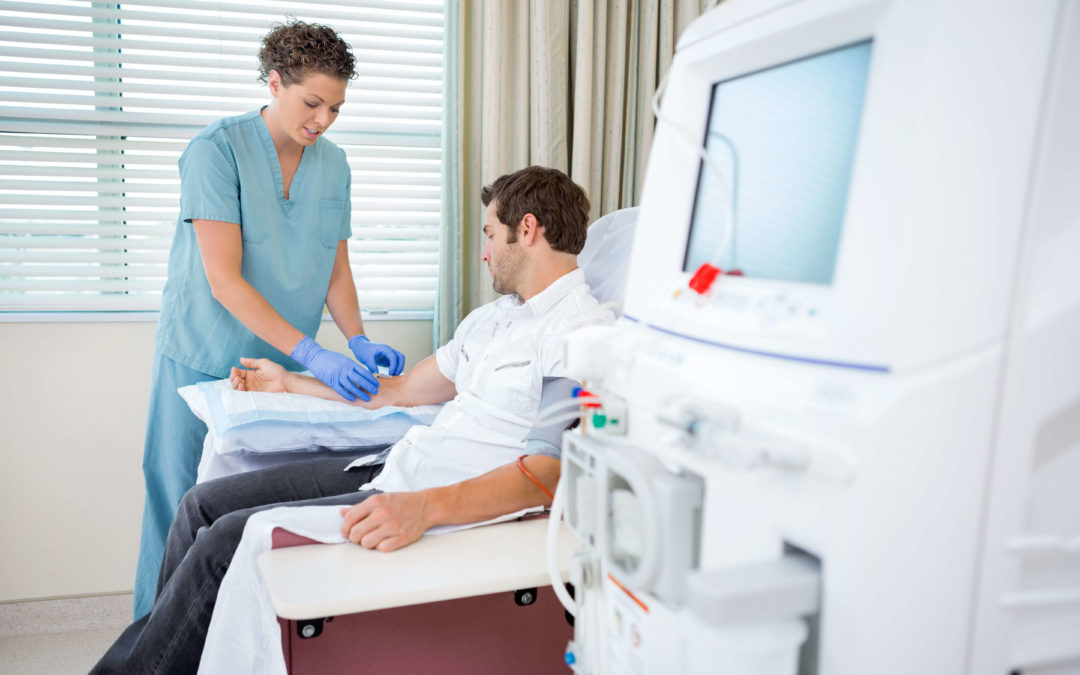
People with chronic kidney disease (CKD) who need renal replacement therapy, such as hemodialysis, often develop uraemic syndrome, associated with...
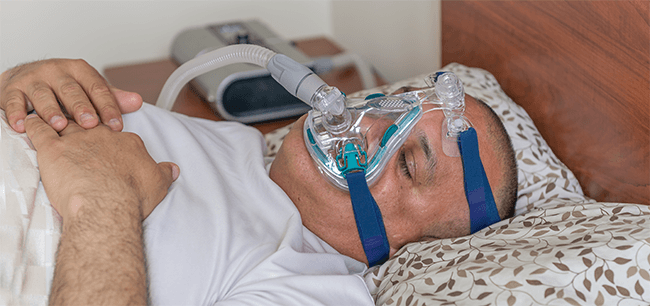
Respiratory muscle weakness is prevalent among people with spinal cord injuries and leads to poor airway clearance and pneumonia. Twenty-eight...

The crural diaphragm (CD) is an essential component of the esophagogastric junction (EGJ) and, in combination with inspiratory muscles and abdominal...

Dyspnea causes distress in about 70% of people with lung cancer, and can affect up to 90% of patients suffering from advanced lung cancer....
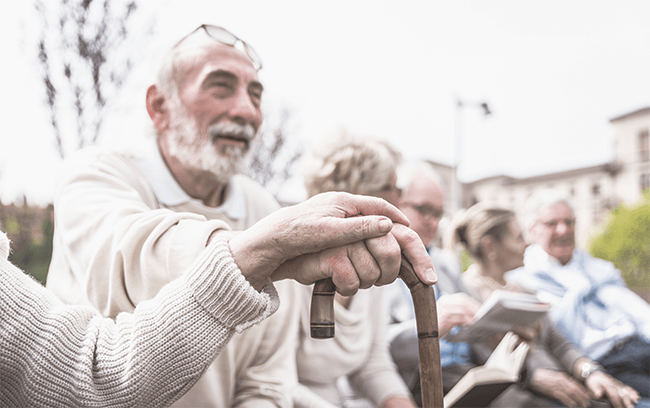
Inadequate oxygenation may cause lesions and brain atrophy during aging. Studies show a positive association between pulmonary function and...
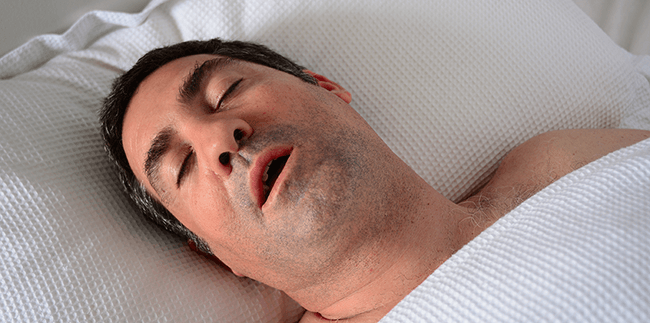
Sleep is an important aspect of life – it is, indeed, vital to good mental and physical health and function. As individuals age, however, both...
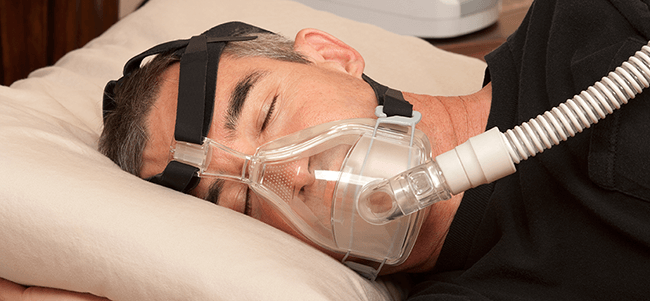
Obstructive sleep apnea (OSA) is characterized by a cessation of airflow for more than 10 seconds, leading to arousal and awakening. Hypopnea is a...

Late Onset Pompe Disease (LOPD) is an autosomal recessive metabolic disorder caused by a dysfunctional enzyme (enzyme acid α-glucosidase) needed for...